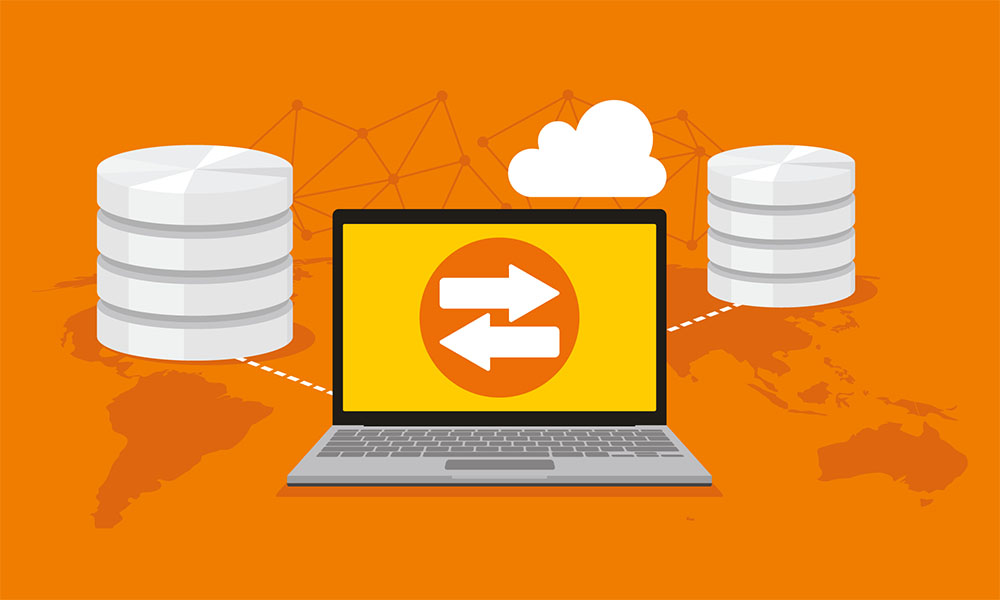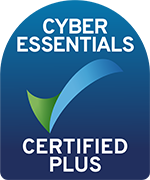
Cloud storage and the question of back-ups
Cloud storage site Megaupload was one of the success stories of the internet. It was one of the top fifteen most popular sites online and was believed to be responsible for about 4% of all internet traffic.
Then it went out of business, without warning, as a result of which a number of people have seen their legitimate files disappear into the cyber-ether along with the illegitimate ones Megaupload was accused of hosting and spreading.
Going by some of the bitter comments posted online, not everybody had these backed up.
A clever person learns from their mistakes, a cleverer person learns from other people’s mistakes… The fact of the matter is that standard cloud storage is a great convenience but it is never secure to have only one copy of data regardless of whether that one copy is online or offline.
Remember cloud data is only secure for as long as you have access to the account
If you end a contract with a cloud provider, either deliberately or just by forgetting to renew it, then you will lose access to your data. If your cloud provider goes out of business, then you may never see any data stored with them again.
If you are working from the cloud first then remember to back-up the files and not the links
In the old days, companies often kept their working copies of data offline and backed them up to the cloud, which is absolutely fine. These days, however, many companies (and individuals) work in the cloud first and then back-up to offline storage. This is also absolutely fine, however, in this situation you need to make sure that you back-up the actual file itself rather than just storing a link to it.
Be very careful about synchronisation
Overall, synchronisation may be one of the biggest IT benefits of the modern world. Anyone who is old enough to remember the days of having to set up a phone from scratch every time you upgraded must surely appreciate just being able to sign into their Google/iPhone account and have everything there ready, willing and waiting.
Synchronisation is not, however, without its dangers, the key danger being that you delete a file from all devices instead of just deleting it from one. If you don’t have to give permission for every step of the journey (which would be tedious and would get in the way of your day-to-day work), remember that having a couple of methods of back-up at the same time – such as an offline backup drive as well as cloud storage – could save those odd files that you don’t want to accidentally lose.
Choose the best storage medium for each content type
First of all, remember that you don’t need to backup everything, you just need to backup everything important. Secondly, you don’t need to backup everything in the same way.
Different storage media have different advantages and disadvantages, for example, flash memory is very quick to access but tends to degrade relatively quickly. It’s therefore great for storing works in progress until they are finalised. External hard disc drives are more cumbersome to access but more reliable over the longer term and hence better at archiving media.



